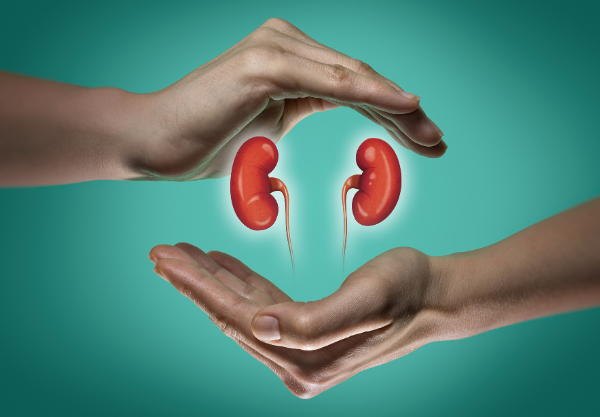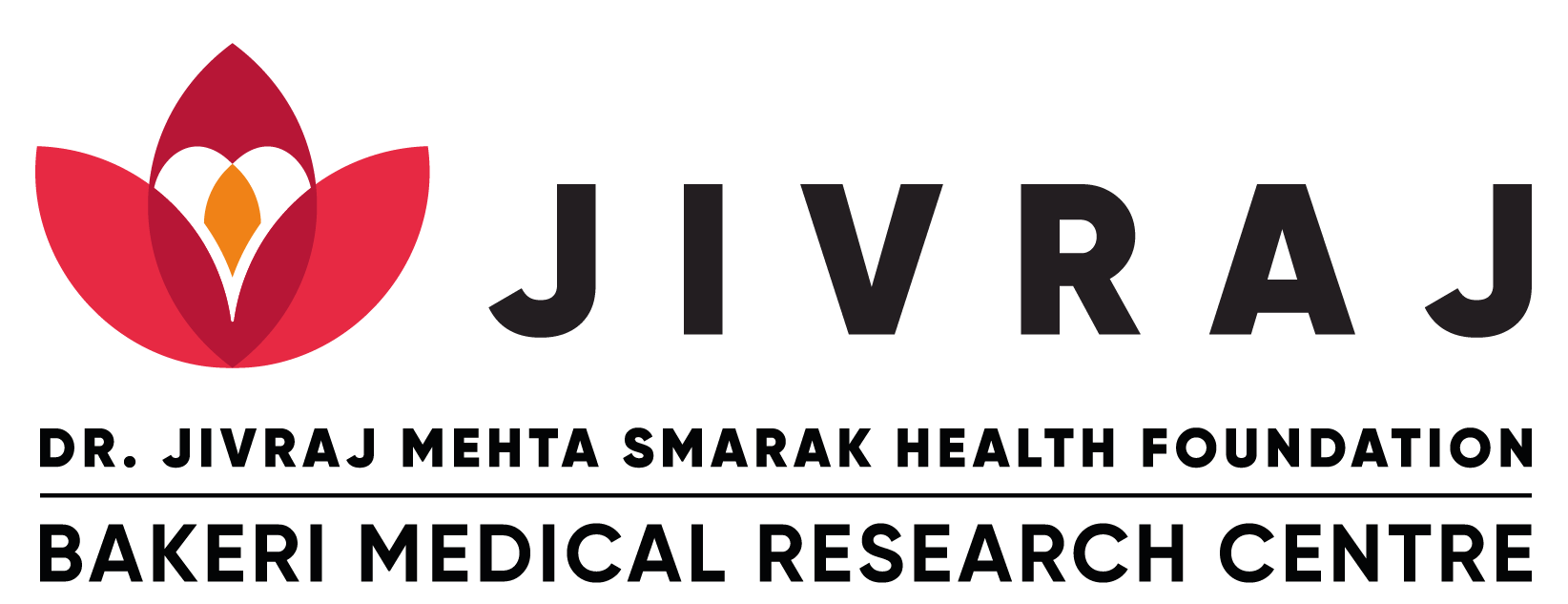What Is Cystic Kidney Disease and How Can It Be Treated Effectively?
Cystic kidney disease is a group of conditions characterized by the presence of fluid-filled sacs, known as cysts, in the kidneys. These cysts can interfere with normal kidney function, leading to complications such as hypertension, kidney infections, and, in severe cases, kidney failure. With timely diagnosis and expert medical care, individuals with cystic kidney disease can manage their condition effectively. Consulting the best nephrologist in Ahmedabad ensures the highest standard of care for this complex condition.
What is Cystic Kidney Disease?
Cystic kidney disease includes several inherited and acquired disorders that cause cysts to form in the kidneys. These cysts can vary in size, number, and severity. In some cases, the condition may progress to kidney failure, requiring advanced interventions such as dialysis or transplantation.
Types of Cystic Kidney Disease

- Polycystic Kidney Disease (PKD)
PKD is the most common type of cystic kidney disease and can be further divided into:
- Autosomal Dominant Polycystic Kidney Disease (ADPKD): The most common inherited form, typically presenting symptoms in adulthood.
- Autosomal Recessive Polycystic Kidney Disease (ARPKD): A rarer form that affects infants and children.
- Acquired Cystic Kidney Disease (ACKD)
ACKD develops in individuals with chronic kidney disease (CKD), particularly those undergoing long-term dialysis.
- Simple Kidney Cysts
Simple cysts are non-cancerous, solitary sacs that do not usually impair kidney function. However, multiple or large cysts may require monitoring by a nephrologist doctor in Ahmedabad.
Causes of Cystic Kidney Disease
The exact cause varies depending on the type of cystic kidney disease:
- Genetic Mutations
- PKD is caused by mutations in the PKD1, PKD2, or PKHD1 genes, which regulate kidney cell growth and function.
- Chronic Kidney Disease (CKD)
- Patients with long-term CKD or those on dialysis may develop ACKD due to prolonged kidney stress.
- Aging
- Simple kidney cysts are common in older adults and may develop as part of the aging process.
- Unknown Factors
- In some cases, the reasons for cyst formation remain unclear.
Symptoms of Cystic Kidney Disease
- Pain: Dull or sharp pain in the sides or back due to enlarged kidneys or ruptured cysts.
- Blood in Urine: A sign of cyst rupture or infection.
- High Blood Pressure: A frequent complication of PKD.
- Frequent Infections: Particularly urinary tract or kidney infections.
- Kidney Stones: Often associated with PKD.
- Swelling: In the abdomen or legs, indicating fluid retention.
- Fatigue: A result of reduced kidney function.
Diagnosing Cystic Kidney Disease
Early detection is essential for managing cystic kidney disease effectively. A nephrology hospital in Ahmedabad offers state-of-the-art diagnostic tools to confirm the condition, such as:
- Imaging Studies
- Ultrasound: A non-invasive method to detect cysts in the kidneys.
- CT Scan or MRI: Provides detailed images to assess the size, number, and location of cysts.
- Genetic Testing
- Particularly for individuals with a family history of PKD, genetic testing can confirm the presence of mutations.
- Blood and Urine Tests
- Used to evaluate kidney function and detect signs of infection or blood in the urine.
Complications of Cystic Kidney Disease
Cystic kidney disease can lead to several complications if not managed properly, including:
- Hypertension
- High blood pressure is both a symptom and a risk factor for worsening kidney damage.

- Kidney Infections
- Enlarged or infected cysts can lead to recurrent urinary tract infections (UTIs).
- Chronic Pain
- Persistent discomfort due to kidney enlargement or pressure on surrounding organs.
- Kidney Failure
- As cysts grow, they can damage kidney tissue, leading to end-stage renal disease (ESRD).
- Liver Cysts
- PKD can also affect the liver, causing cyst formation in hepatic tissue.
- Heart and Vascular Issues
- PKD is associated with an increased risk of heart valve abnormalities and aneurysms.
Treatment Options for Cystic Kidney Disease
- Managing Symptoms
- Pain Relief: Over-the-counter or prescribed medications for pain management.
- Blood Pressure Control: Antihypertensive drugs are essential for slowing disease progression.
- Infection Management: Antibiotics for treating kidney or urinary tract infections.
- Surgical Interventions
- Cyst Drainage or Removal: For large, symptomatic cysts causing significant discomfort.
- Kidney Transplantation: For patients with ESRD, transplantation is the most effective long-term solution.
- Dialysis
- Required for patients with ESRD to perform the filtering functions of the kidneys artificially.
- Lifestyle and Dietary Modifications
- Reduce salt intake to manage blood pressure.
- Stay hydrated to prevent kidney stones and infections.
- Avoid smoking and excessive alcohol consumption.
Advanced Care for Cystic Kidney Disease in Ahmedabad
Ahmedabad is home to some of the most advanced nephrology facilities in India. A nephrology hospital in Ahmedabad combines expert care, modern diagnostics, and state-of-the-art treatment options to provide comprehensive management for cystic kidney disease.
Why Early Intervention Matters
Early detection and management of cystic kidney disease can delay progression and improve quality of life. Regular monitoring by a nephrologist Ahmedabad ensures that complications are addressed promptly, reducing the risk of kidney failure.
Why Choose Dr. Jivraj Mehta Hospital for Cystic Kidney Disease?
For individuals seeking expert care for cystic kidney disease, Dr. Jivraj Mehta Hospital stands out as the leading nephrology hospital in Ahmedabad. Here’s why:
- Expert Nephrologists
The hospital boasts a team of the best nephrologist in Ahmedabad, with extensive experience in diagnosing and treating cystic kidney disease and other kidney-related conditions.
- Advanced Diagnostic Tools
From genetic testing to state-of-the-art imaging, the hospital is equipped with the latest technologies for accurate and early diagnosis.
- Comprehensive Treatment Options
Dr. Jivraj Mehta Hospital offers a full spectrum of services, from medication management to advanced surgical interventions, including cyst drainage and kidney transplantation.
- Holistic Care
The hospital adopts a patient-centric approach, addressing not just the disease but also the overall well-being of the patient through dietary counseling, lifestyle modifications, and psychological support.
- Accessible Location
For those searching for a nephrologist doctor in Ahmedabad, the hospital is conveniently located and easily accessible.
Conclusion
Cystic kidney disease is a complex condition that requires specialized care and timely intervention. By understanding its causes, symptoms, and treatment options, individuals can take proactive steps to manage their condition and maintain a good quality of life. Consulting the best nephrologist in Ahmedabad ensures access to expert advice and the most effective treatment strategies.
Dr. Jivraj Mehta Hospital, with its exceptional team and cutting-edge facilities, is the trusted destination for those seeking expert care for cystic kidney disease. Whether you need consultation, advanced diagnostics, or specialized treatment, Dr. Jivraj Mehta Hospital is committed to providing the best possible care for your kidney health.







